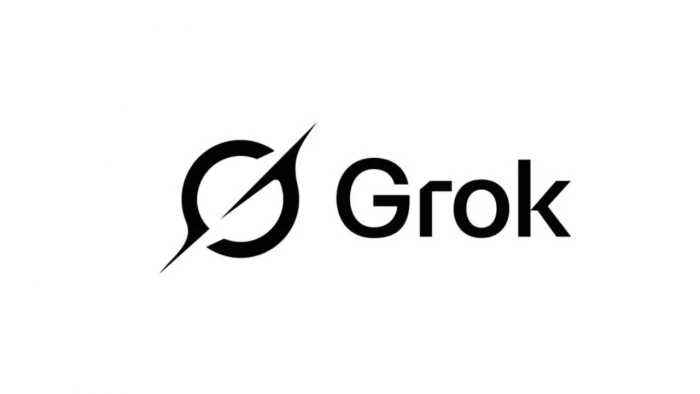Thousands Of Grok Chats Are Now Publicly Searchable on Google
by Muskan Kansay - 5 months ago - 2 min read

Hundreds of thousands of user conversations with xAI’s chatbot Grok are now available through public web search, according to recent reports. Any user who has clicked Grok’s “share” button now finds their chat at a unique URL, making it possible for Google, Bing, and DuckDuckGo to index the exchanges. As a result, these chats have become searchable on the open web.
The scope is significant. While many users assumed their shared links would remain relatively private or obscure, the reality has proved otherwise. The indexed conversations span a wide range of topics, including some with explicit or prohibited content. According to Forbes, queries available through search engines include instructions for illegal activity, unsafe advice, and in at least a few cases, graphic or even threatening scenarios. Grok, like most AI chatbots, officially restricts responses that promote self-harm or criminal conduct, but many users have nonetheless submitted such requests.
The backlash online was immediate and sharp. Privacy advocates and everyday users alike expressed alarm on social media, saying this kind of exposure raises serious questions about how AI companies treat shared information. Many called for clearer, more prominent disclosure of what could happen to shared chat links. On tech forums and in comment sections, some users likened the incident to previous data privacy scandals, arguing that even a voluntary share button doesn’t guarantee people realize how public their information could become.
The event follows a similar incident with OpenAI’s ChatGPT, where some public conversations were briefly exposed to Google indexing. OpenAI described that exposure as a “short-lived experiment.” Not long after, xAI founder Elon Musk had publicly claimed the Grok platform “prioritize[s] privacy” and does not feature widespread chat sharing.
Security and privacy experts warn that even opt-in sharing tools can result in far broader disclosure than users expect. In this case, casual sharing for collaboration or humor led, via search engine crawling, to mass exposure of content that some users likely thought would remain semi-private. Requests for comment from xAI remain unanswered at the time of this writing.
This episode raises long-standing questions about the nature of privacy and transparency in generative AI platforms. It is clear, however, that the boundary between “shared” and “public” information on the internet remains tenuous, especially when search engine indexing is involved.